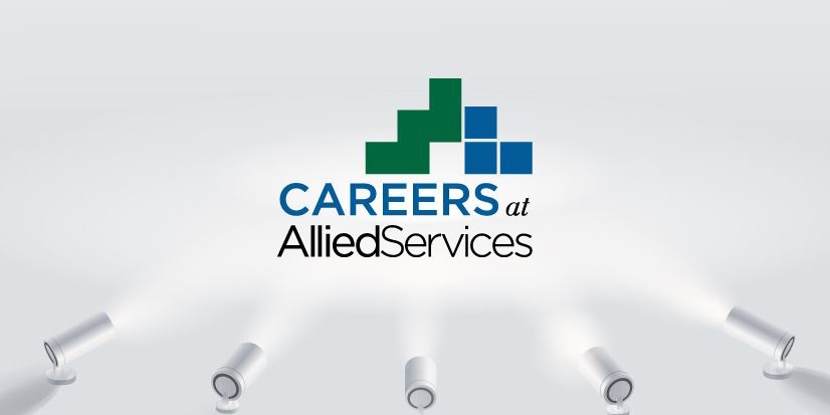Nurse Licensure Compact will make it easier for out-of-state nurses to practice in Pennsylvania
- Category: Media
- Posted On:
- Written By: Allied Services Integrated Health

REPOSTED FROM TIMES-TRIBUNE Terrie Morgan-Besecker
Hoping to ease the nursing shortage, Pennsylvania began allowing nurses who hold a multistate license to begin practicing in the state as of Tuesday, the Pennsylvania Department of State announced.
The approval comes as the state takes the first steps to implement the Nurse Licensure Compact — an agreement it has with 40 other states that allows registered nurses, licensed practical nurses and vocational nurses to practice across state lines without having to obtain additional licensing.
Pennsylvania agreed to join the compact in July 2021, but full implementation has been delayed because the state Board of Nursing has not obtained permission to conduct criminal background checks on Pennsylvania nurses who seek to work in other states, which the compact requires, said Wayne Reich, CEO of the Pennsylvania State Nurses Association.
Reich said criminal background checks ordinarily are done by the FBI. The Pennsylvania legislation that approved the compact did not include language that would allow the nursing board to conduct the checks.
The state is continuing efforts to obtain that authorization. In the interim, other nurses within the compact are free to begin practicing here, said Secretary of the Commonwealth Al Schmidt.
“By implementing this first phase of Pennsylvania’s engagement in the NLC, we are expanding opportunities for patients and providing hospitals and health systems with access to an approved, vetted group of licensed RNs and LPNs,” Schmidt said in a press release.
The move comes as the state and others face a growing nursing shortage.
A November 2022 survey by the Hospital and Healthsystem Association of Pennsylvania (HAP) showed vacancy rates of 30% for registered nurses providing direct care, a 10% increase since 2019. A separate HAP report released in January projects the state will have a shortfall of more than 20,000 nurses by 2026.
Janet Tomcavage, chief nursing executive for Geisinger Health, said the implementation of the compact will help streamline the process to bring more qualified nurses to the community quicker and more efficiently.
“While we’ve always been able to hire nurses from outside Pennsylvania, removing obstacles to recruit out-of-state nurses benefits our neighbors and patients and helps us make better health easier in the region,” she said.
Jim Brogna, spokesman for Allied Services Integrated Health System, agreed the compact will help. It will not resolve all the challenges health care providers face in attracting staff, however.
Brogna noted the compact allows out-of-state nurses to practice in Pennsylvania, but once it is fully implemented it will also allow Pennsylvania nurses to practice in other states, some of which have higher pay rates.
The issue is particularly vexing for nonprofits like Allied, which serve a large Medicaid population, he said.
“The current Medicaid rate for long-term care reimbursement and the percentage of residents in northeast Pennsylvania covered by Medicaid may not be adequate to incentivize and recruit nurses from other states with much higher funding levels,” he said.
He also called upon the state to continue efforts to reduce red tape that’s led to significant delays for new nursing graduates to obtain their nursing license.



